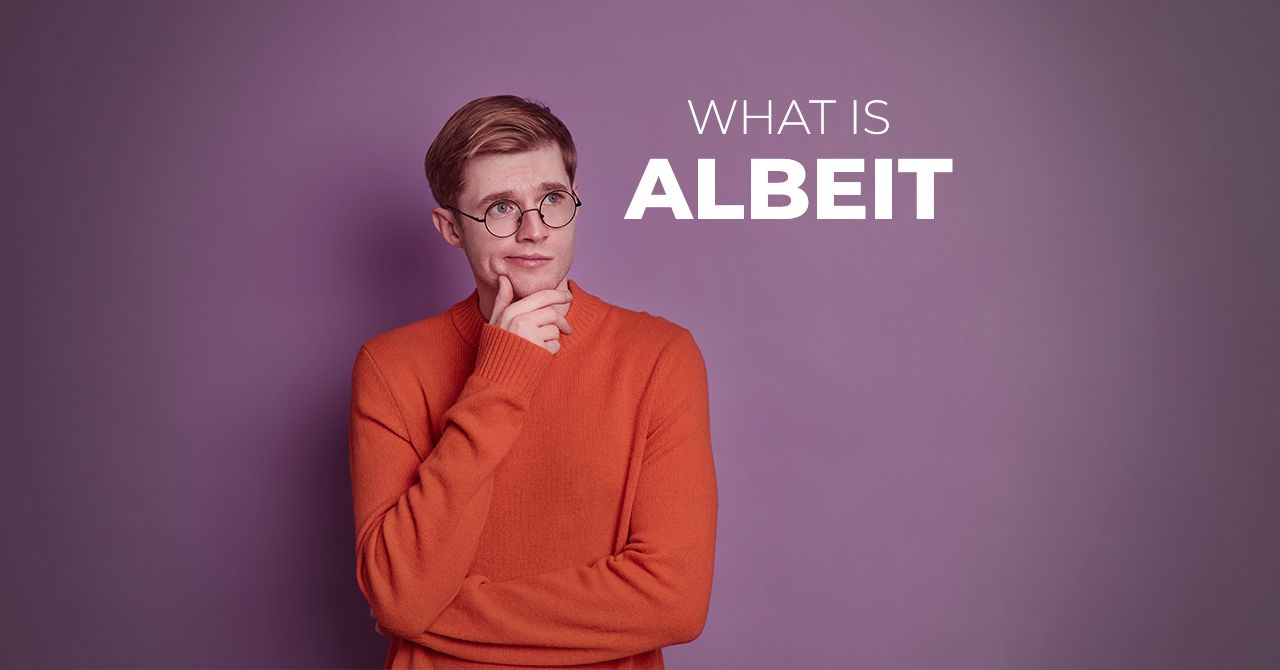English
Find lots of useful information for learning English. Don't miss our new articles.

“Thank you in advance”: More formal alternatives
To avoid misunderstanding while writing, it is better to use alternative words instead of “thank you in advance” especially in formal emails as the recipient might misinterpret it to sound like “I expect you to do this.”

Fewer vs. Less: How to use less and fewer in a sentence
Less is a term suitable to qualify objects (either in terms of qualities or quantities) that are uncountable and in a smaller amount. Fewer is a comparative form of few used for qualifying small countable nouns that you can count one by one.

Learning the Meaning of Usage of Albeit
Albeit belongs to the conjunction class of words, and it is used to mean “even though,” “though,” or “even if.”

The Differences Between A Part vs. Apart And Correct Use in Sentences
A part and apart might be confusing to second learners of English for a number of reasons. Pronouncing these two words, you would discover that they sound the same way, making them homophones.

Who or Whom: What’s the Difference?
“Who” is used as the “subject” of a sentence or clause to express who is doing something (like “he” or “she”). “Whom,” on the contrary, is employed as a verb or preposition’s direct or indirect object.

How have you passed your IELTS Writing Test?
The written part of the IELTS tests the ability to transfer written material from the applicant in two short sections in general and academic formats.

Who was “the face that launched a thousand ships” and why?
Nowadays, we might use this quote to say that a woman is stunningly beautiful, just like Helen of Troy.

6 Reasons Why Students Don’t Achieve a Band 7 in IELTS
It’s impossible to fail the IELTS exam! This is the very first thing I want to make clear to you today.